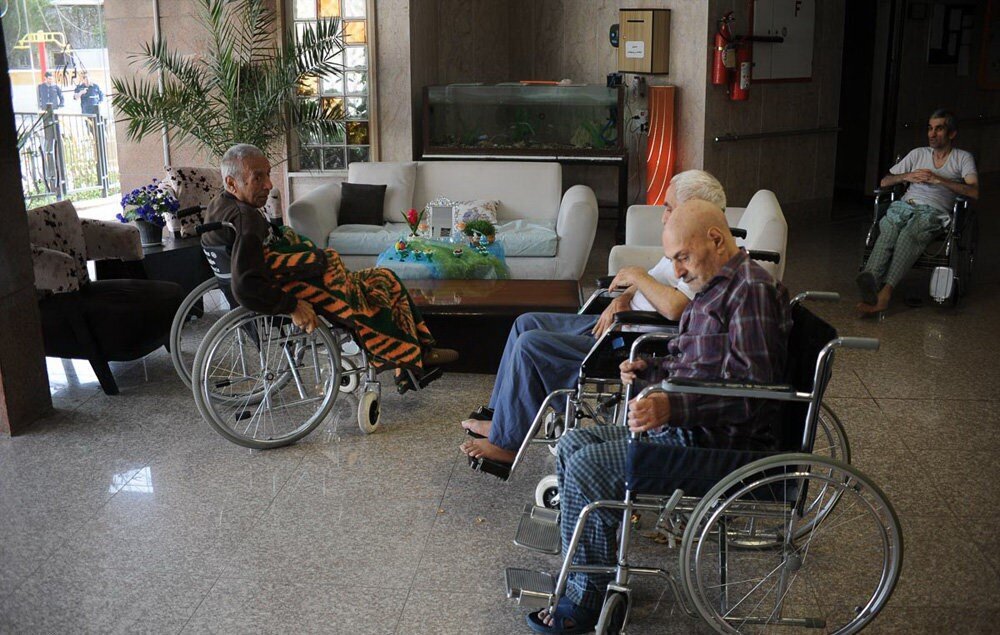COVID-19 doubled dementia in Iran: expert

TEHRAN – During the coronavirus pandemic, the incidence of dementia and Alzheimer's increased twofold in the country, Masoumeh Salehi, the managing director of Iran Dementia and Alzheimer’s Association, has said.
The age of contracting the diseases in the country has reached 40 years, ISNA quoted Salehi as saying.
The coronavirus pandemic, which was accompanied by a lot of stress and anxiety, caused a lot of damage to people’s nervous systems, she added.
Despite the observance of health guidelines, especially the use of masks and social distancing, it led to a decrease in social communication, Salehi highlighted.
The result of the situation was that some people developed early dementia (the onset of Alzheimer's disease), she noted.
Salehi pointed out that according to the World Health Organization, COVID-19 has increased the number of people with dementia by one percent, and now more than 50 million people are suffering from this disease.
In March, a national plan for screening cognitive disorders, namely dementia and Alzheimer's, in the elderly aged 60 to 75 years got underway.
About five percent of people over 65 years old have moderate and severe dementia, Afrouz Saffarifar, an official with the Welfare Organization, said.
The elderly population in Iran has doubled from five percent to 10 percent within 43 years (from 1976 to 2019), the official added.
“It is predicted that the population will reach 20 percent by 2041. So, we should prepare plans, otherwise, the aging population, which can be one of the opportunities for human life, will become a big challenge.
Dementia and Alzheimer's are among the disorders that cause severe destruction of memory, orientation, and cognition in a person. It also leads to a disorder in social functioning. So, the patient needs long-term care.”
If the diseases are detected a year earlier, the loss of memory can be postponed for five years, he highlighted.
In Iran, people born in the 1980s constitute the largest population group, who will enter old age in the next 20 or 30 years, so it is predicted that the prevalence of dementia will significantly increase in the future.
In general, neurodegenerative diseases in which brain tissue deteriorates are called dementia. There are different types of dementia, one of the most common types of which is Alzheimer's disease.
Other types of dementia include vascular dementia or a combination of vascular dementia and Alzheimer's disease. Less common types of dementia are also known as Lewy body dementia or frontotemporal dementia.
In diseases where the brain tissue is destroyed, in fact, the brain cells in certain parts of the brain are gradually destroyed and the brain has shrunk or atrophied, Maryam Abbasinejad, an expert in the mental health office of the Ministry of Health, has said.
Dementia symptoms are different depending on which part of the brain is more degraded. Symptoms may include memory problems, difficulty processing thoughts, speech problems, movement problems, loss of executive functions of the brain, or reduced learning ability, she explained.
Different pathways may lead to dementia. For example, the main cause of Alzheimer's is unknown, but it has been seen that some genetic factors influence its occurrence, but it is not necessarily a hereditary disease, but some genes related to Alzheimer's are known, she said.
In histological studies, they have seen that there are certain substances in the brains of Alzheimer's patients, and these substances have played a role in the degeneration of brain tissue, she added.
MG
Leave a Comment